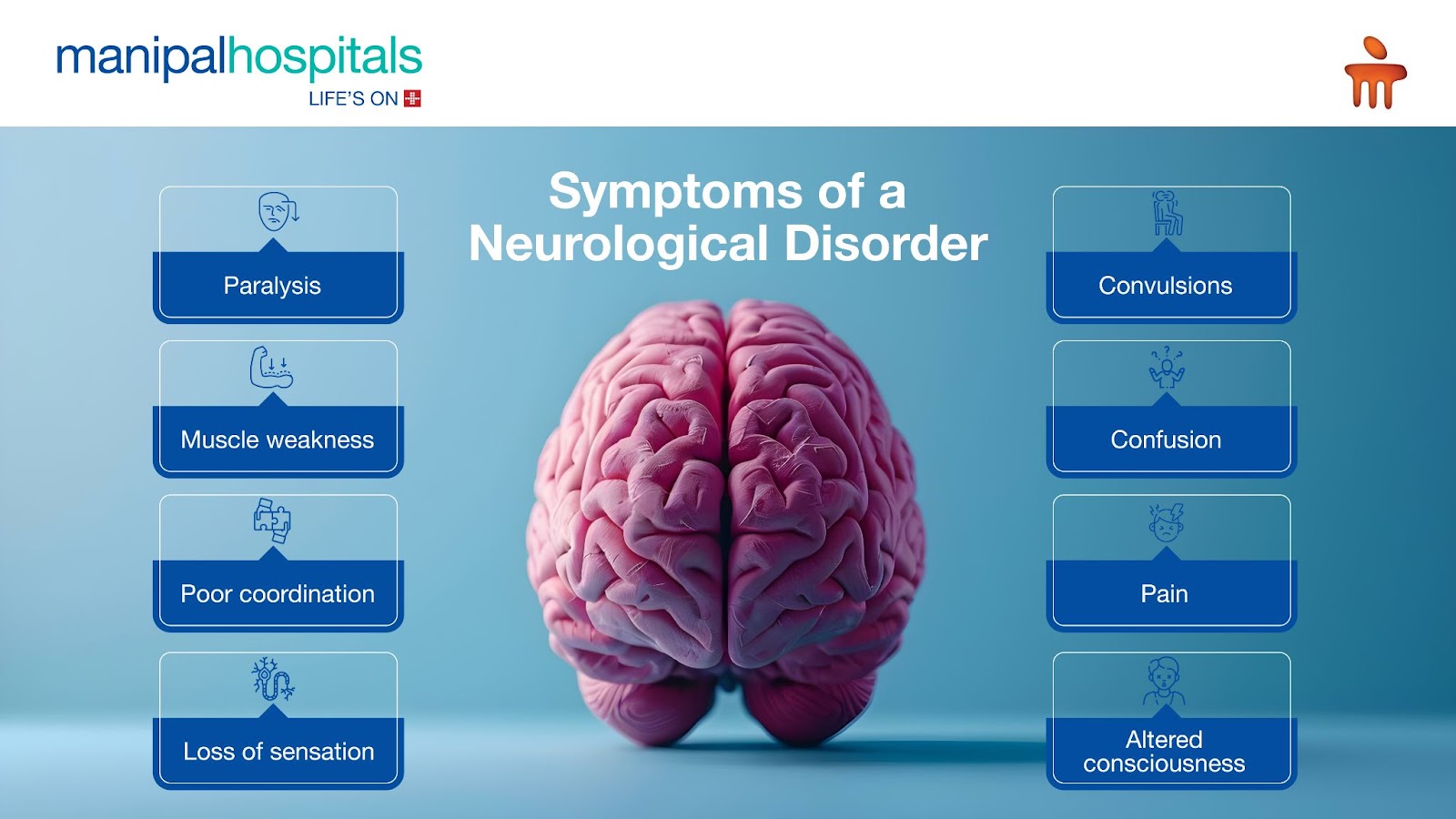The relationship between nutrition and brain health is a growing area of interest in neurology. Emerging research suggests that what we eat not only impacts our physical health but also significantly influences cognitive function and the risk of neurodegenerative diseases. As neurologists continue to explore this intricate connection, it becomes increasingly clear that diet plays a vital role in maintaining brain health throughout life.
Understanding the Brain’s Nutritional Needs
The brain is an energy-intensive organ, consuming approximately 20% of the body’s total energy despite representing only about 2% of its weight. It requires a steady supply of nutrients to function optimally, including essential fatty acids, antioxidants, vitamins, and minerals. These nutrients support various brain processes, such as neurotransmitter synthesis, inflammation reduction, and cellular repair.
Omega-3 Fatty Acids: One of the most studied nutrients in relation to brain health is omega-3 fatty acids, particularly docosahexaenoic acid (DHA). DHA is a major structural component of neuronal membranes and is crucial for maintaining the fluidity and function of brain cells. Research has shown that diets rich in omega-3 fatty acids—found in fatty fish, flaxseeds, and walnuts—are associated with a lower risk of cognitive decline and conditions like Alzheimer’s disease. Omega-3s also play a role in neuroprotection, helping to reduce inflammation and oxidative stress in the brain.
Antioxidants: The brain is particularly vulnerable to oxidative damage due to its high oxygen consumption and lipid-rich structure. Antioxidants, found abundantly in fruits and vegetables, help neutralize free radicals and reduce oxidative stress. Nutrients such as vitamins C and E, selenium, and flavonoids have been linked to improved cognitive function. Diets rich in colorful fruits and vegetables, such as berries, leafy greens, and citrus fruits, can provide these essential antioxidants.
B Vitamins: B vitamins, including B6, B12, and folate, play crucial roles in maintaining brain health. They are involved in neurotransmitter synthesis, DNA repair, and homocysteine metabolism—an amino acid linked to increased risk of cognitive decline. Low levels of B vitamins have been associated with memory impairment and a higher risk of dementia. Foods rich in B vitamins, such as whole grains, legumes, eggs, and leafy greens, should be prioritized in a brain-healthy diet.
The Impact of Diet on Cognitive Function
Several dietary patterns have been studied for their effects on cognitive health, with two notable examples being the Mediterranean diet and the DASH (Dietary Approaches to Stop Hypertension) diet. Both diets emphasize whole foods, including fruits, vegetables, whole grains, lean proteins, and healthy fats, while limiting processed foods and added sugars.
Mediterranean Diet: The Mediterranean diet has been linked to reduced risk of cognitive decline and dementia. Studies suggest that adherence to this dietary pattern is associated with better cognitive performance and slower rates of decline in older adults. The diet’s high content of omega-3 fatty acids, antioxidants, and anti-inflammatory compounds plays a significant role in its neuroprotective effects.
DASH Diet: Originally developed to combat hypertension, the DASH diet has also shown promise in promoting brain health. Research indicates that following the DASH diet is associated with a lower risk of Alzheimer’s disease and cognitive impairment. The diet’s focus on fruits, vegetables, whole grains, and low-fat dairy provides essential nutrients that support overall brain function.
Neurological Conditions and Dietary Considerations
Dietary interventions may also play a role in managing specific neurological conditions. For instance, individuals with epilepsy may benefit from the ketogenic diet, which is high in fats and low in carbohydrates. This diet has been shown to reduce seizure frequency in some patients, particularly in drug-resistant epilepsy.
In the context of neurodegenerative diseases, such as Alzheimer’s and Parkinson’s, dietary strategies aimed at reducing inflammation and oxidative stress can be beneficial. Emerging research suggests that the MIND (Mediterranean-DASH Diet Intervention for Neurodegenerative Delay) diet, which combines elements of both the Mediterranean and DASH diets, may be particularly effective in reducing the risk of Alzheimer’s disease. The MIND diet emphasizes foods like leafy greens, berries, nuts, and olive oil while limiting red meat and sweets.
Conclusion
As our understanding of the intersection between neurology and nutrition expands, it is becoming increasingly clear that diet plays a critical role in maintaining brain health and potentially mitigating the risk of cognitive decline and neurological disorders. Neurologists are beginning to recognize the importance of integrating dietary recommendations into patient care, emphasizing the consumption of nutrient-rich foods that support cognitive function and overall well-being.
While further research is needed to fully understand the complex relationship between diet and brain health, adopting a balanced, whole-foods-based diet is a proactive step individuals can take to support their cognitive health throughout life. By prioritizing foods rich in omega-3 fatty acids, antioxidants, and essential vitamins, individuals can foster a healthier brain and improve their quality of life as they age.

